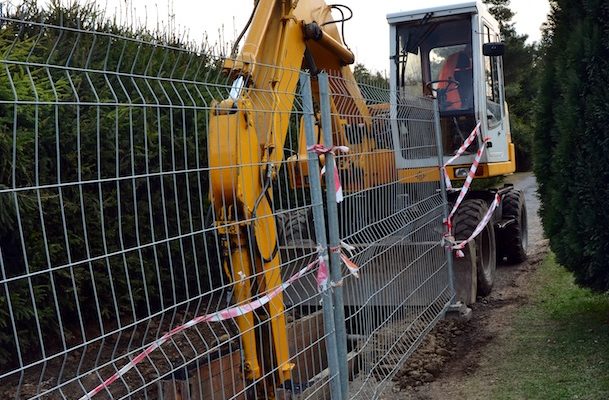05/10/2018, 07:09pm
By Fran Spielman
Armed with a new study that shows the devastating impact of “just-in-time scheduling,” a coalition of alderman and union leaders on Thursday made a renewed push for a “fair work-week” they called a “basic human rights issue.”
The City Council has approved three ordinances over the last five years aimed at confronting income inequality in Chicago.
They are: the anti-wage theft ordinance of 2013; the 2014 ordinance that raised Chicago’s minimum wage to $13-an-hour by 2019 and the ordinance mandating companies large and small – with the exception of construction companies – to provide their employees with at least five paid sick days each year.
But until workers have stable schedules – or guaranteed compensation if they don’t – the City Council’s “work is not done,” according to retiring Ald. Ameya Pawar (47th).
Pawar pointed to a survey of 1,700 workers across the state, 44 percent of them in Chicago, conducted by the University of Illinois and Penn State University.
One of every five hourly workers reported being scheduled for on-call shifts “regularly or often.”
Thirty-five percent of all workers have less than one week’s advance notice of their schedule, with 22 percent having three days or fewer notice. More than 25 percent of those surveyed are required to keep their schedules “open” with no guarantee of work.
Nearly 20 percent receive their work schedules, only after traveling to their workplaces.
“Imagine what it’s like not knowing whether you have to work in two hours. Imagine what it’s like not knowing what your schedule is like until the day before the week begins. Imagine what it’s like not knowing how you would arrange for child care if you’re working 12-to-8 on one day and 7-to-3 the next,” Pawar told a City Hall news conference.

